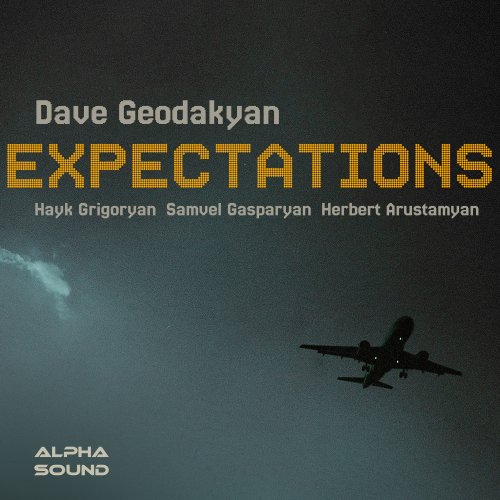Dorothy Ashby - Afro-Harping (1968) {2024 Deluxe Edition / Remastered Vinyl}
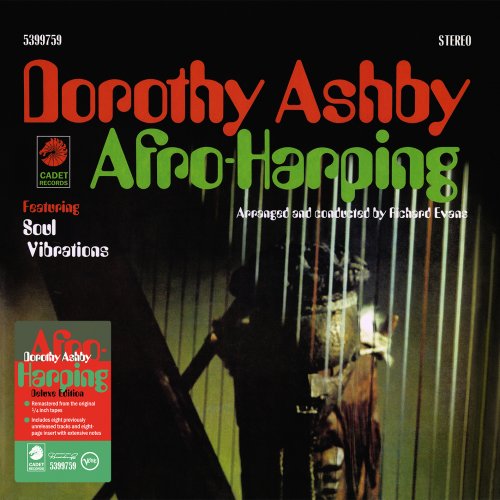
Artist: Dorothy Ashby
Title: Afro-Harping
Year Of Release: 1968
Label: Verve Records – 5399759
Genre: Soul-Jazz, Jazz-Funk
Quality: 24bit-192kHz FLAC (tracks)
Total Time: 01:13:37
Total Size: 2.68 GB
WebSite: Album Preview
Tracklist:Title: Afro-Harping
Year Of Release: 1968
Label: Verve Records – 5399759
Genre: Soul-Jazz, Jazz-Funk
Quality: 24bit-192kHz FLAC (tracks)
Total Time: 01:13:37
Total Size: 2.68 GB
WebSite: Album Preview
A1. Soul Vibrations (3:24)
A2. Games (4:02)
A3. Action Line (3:44)
A4. Lonely Girl (3:18)
A5. Life Has Its Trials (4:30)
B1. Afro-Harping (3:01)
B2. Little Sunflower (3:48)
B3. Theme From Valley Of The Dolls (3:37)
B4. Come Live With Me (2:41)
B5. The Look Of Love (4:08)
C1. Action Line (Master A, Take 2) (4:03)
C2. Afro-Harping (Alt. Take) (5:28)
C3. Theme From Valley Of The Dolls (Master B, Take 2) (3:55)
C4. Lonely Girl (Master G, Take 1) (3:33)
D5. Soul Vibrations (Alt. Take) (4:25)
D6. Life Has Its Trials (Master C, Take 2) (5:10)
D7. Little Sunflower (Master F, Take 3) (6:53)
D8. Theme From Valley Of The Dolls (Master B, Take 6) (3:57)
Remastered from the original ¼ inch tapes by Alex Wharton at Abbey Road Studios, Afro-Harping is filled front-to-back with sumptuous and hypnotic grooves. Its African percussion, soulful orchestrations, in-the-pocket rhythms and Dorothy’s virtuosity take it far beyond jazzy mood music and made it a favourite of beat heads and producers; sampled by Pete Rock, Kendrick Lamar, Jay Dee (aka J Dilla), Madlib, Flying Lotus and many others.
This deluxe version features eight bonus tracks, alternate takes from the surviving four-track session reels that are arguably superior to those on the album, including an explosive rendition of the single, ‘Soul Vibrations’, extended versions of its title track and ‘Little Sunflower’ and two fantastic jazzy readings of ‘Theme from Valley of the Dolls’.
Additional flavour is provided by some of the in-studio ‘atmosphere’ that accompanies the bonus cuts. The session reels also featured the voices of Dorothy, Evans and others: encouragement, laughter, a brief burst of beatboxing and a mild disagreement over how many bars had been played, for example. In many cases these elements have been left where they were found, the better to experience the sheer joy of being in the room with Dorothy and some of the Chicago’s finest musicians in the winter of ’68.
By that time, Evans was running every aspect of Cadet Records, applying his emerging funk formula to new and established artists, with an overflowing pipeline of work for Ramsey Lewis, John Klemmer, Frank D’Rone, Odell Brown and many more. His growing Afrocentricity, coupled with Ashby’s desire to highlight the Black struggle that had been the subject of several plays (from which three of the tracks on Afro-Harping were drawn) that she and her husband John had produced in her hometown of Detroit, provided the foundations for the recording of Afro-Harping. “Her jazz playing was very New York-ish, very sophisticated,” Evans said. “But I wanted things to be very Black, very funky at Cadet.”
Jazz harpists are uncommon, and Dorothy is rightly regarded as probably the greatest of a rather exclusive club that also includes Gail Laughton, Corky Hale, Alice Coltrane and, more recently Verve’s own Brandee Younger. Though all her recorded output is strong, Afro-Harping is truly special. “She was an expert on the harp and did things very instinctively. I think she just wanted to please me, and that’s why those recordings are different,” Evans remembered.
This deluxe version features eight bonus tracks, alternate takes from the surviving four-track session reels that are arguably superior to those on the album, including an explosive rendition of the single, ‘Soul Vibrations’, extended versions of its title track and ‘Little Sunflower’ and two fantastic jazzy readings of ‘Theme from Valley of the Dolls’.
Additional flavour is provided by some of the in-studio ‘atmosphere’ that accompanies the bonus cuts. The session reels also featured the voices of Dorothy, Evans and others: encouragement, laughter, a brief burst of beatboxing and a mild disagreement over how many bars had been played, for example. In many cases these elements have been left where they were found, the better to experience the sheer joy of being in the room with Dorothy and some of the Chicago’s finest musicians in the winter of ’68.
By that time, Evans was running every aspect of Cadet Records, applying his emerging funk formula to new and established artists, with an overflowing pipeline of work for Ramsey Lewis, John Klemmer, Frank D’Rone, Odell Brown and many more. His growing Afrocentricity, coupled with Ashby’s desire to highlight the Black struggle that had been the subject of several plays (from which three of the tracks on Afro-Harping were drawn) that she and her husband John had produced in her hometown of Detroit, provided the foundations for the recording of Afro-Harping. “Her jazz playing was very New York-ish, very sophisticated,” Evans said. “But I wanted things to be very Black, very funky at Cadet.”
Jazz harpists are uncommon, and Dorothy is rightly regarded as probably the greatest of a rather exclusive club that also includes Gail Laughton, Corky Hale, Alice Coltrane and, more recently Verve’s own Brandee Younger. Though all her recorded output is strong, Afro-Harping is truly special. “She was an expert on the harp and did things very instinctively. I think she just wanted to please me, and that’s why those recordings are different,” Evans remembered.
Download Link Isra.Cloud
Dorothy Ashby - Afro-Harping FLAC 24-192.rar - 2.7 GB
Dorothy Ashby - Afro-Harping FLAC 24-192.rar - 2.7 GB
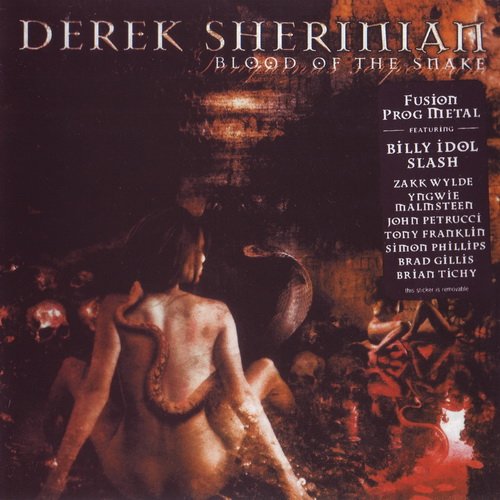
![Art Ensemble Of Chicago - Full Force (1980/2025) [Hi-Res] Art Ensemble Of Chicago - Full Force (1980/2025) [Hi-Res]](https://www.dibpic.com/uploads/posts/2025-12/1766322547_cover.jpg)
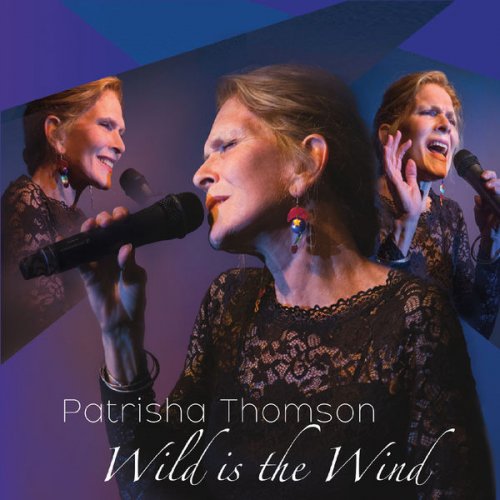
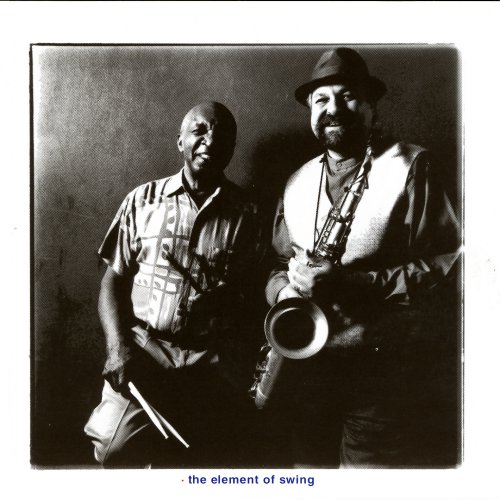

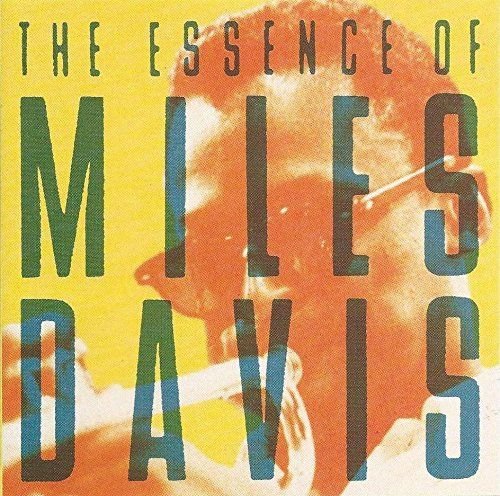
![Alma Micic - You're My Thrill (2024) [Hi-Res] Alma Micic - You're My Thrill (2024) [Hi-Res]](https://www.dibpic.com/uploads/posts/2025-12/1766493943_amyt500.jpg)
![Erwan Keravec - Whitewater (2025) [Hi-Res] Erwan Keravec - Whitewater (2025) [Hi-Res]](https://img.israbox.com/img/2025-12/21/2e6xtjojbwml63os6dxwp1bzj.jpg)
